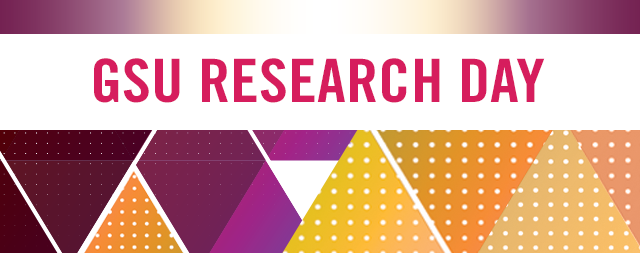Gender Matters: Increasing Gender Awareness in Counselor Education and Training
Type of Presentation
Event
Location
Hall of Governors
Start Date
4-1-2016 4:00 PM
End Date
4-1-2016 6:00 PM
Abstract
Her gender identity and expression alarmed mental health professionals to increase gender awareness in counselor education and training programs. Gender (e.g., masculinity and femininity) is socially constructed, and is understood, defined, and expressed differently within the contexts of time, location and cultures. Understanding gender related concerns leads to multicultural competence and ethical practice in the counseling profession as expressed in the American Counseling Association Code of Ethics (2014). While counselors see the importance of gender studies in counselor training, there is the lack of agreement on how to implement gender studies in counselor education curriculum (Barak & Fisher, 1989; Seems & Johnson, 1998; Steven-Smith, 1995). “Gender roles are frequently used to define sexuality parameters like attitudes, emotions, and appropriateness of behavior” (Bates, 2010, p. 199). Narrow definitions of gender and gender roles contribute to the maintenance of sexism and patriarchy, perpetuates discrimination, hostility and worse violence toward individuals who identify with LGBTQ. Therefore, increasing awareness and broadening definitions of gender among counselors is necessary. The purpose of this Poster Session presentation is to introduce the intersectionality of gender, race, and class, and conceptualize the current trends and possible improvements in gender studies in counselor education.
Presentation File
wf_yes
Gender Matters: Increasing Gender Awareness in Counselor Education and Training
Hall of Governors
Her gender identity and expression alarmed mental health professionals to increase gender awareness in counselor education and training programs. Gender (e.g., masculinity and femininity) is socially constructed, and is understood, defined, and expressed differently within the contexts of time, location and cultures. Understanding gender related concerns leads to multicultural competence and ethical practice in the counseling profession as expressed in the American Counseling Association Code of Ethics (2014). While counselors see the importance of gender studies in counselor training, there is the lack of agreement on how to implement gender studies in counselor education curriculum (Barak & Fisher, 1989; Seems & Johnson, 1998; Steven-Smith, 1995). “Gender roles are frequently used to define sexuality parameters like attitudes, emotions, and appropriateness of behavior” (Bates, 2010, p. 199). Narrow definitions of gender and gender roles contribute to the maintenance of sexism and patriarchy, perpetuates discrimination, hostility and worse violence toward individuals who identify with LGBTQ. Therefore, increasing awareness and broadening definitions of gender among counselors is necessary. The purpose of this Poster Session presentation is to introduce the intersectionality of gender, race, and class, and conceptualize the current trends and possible improvements in gender studies in counselor education.


Other Presentation Disciplines:
Ms. Rieko Miyakuni is a graduate student in Counseling in the College of Education.